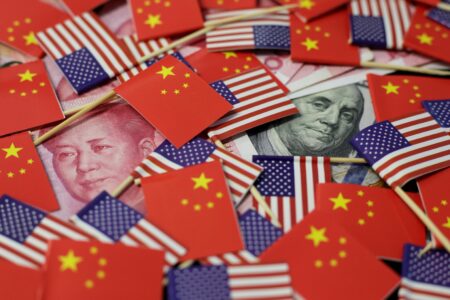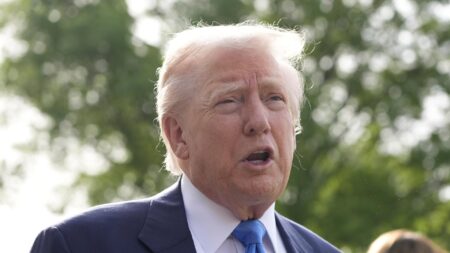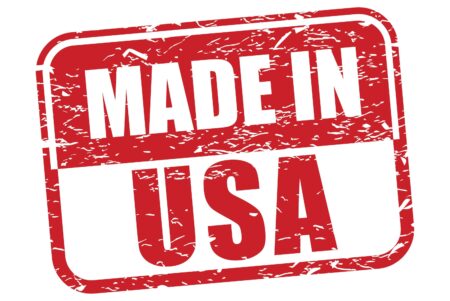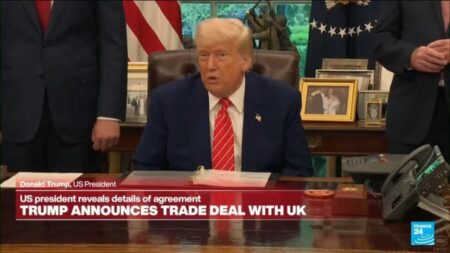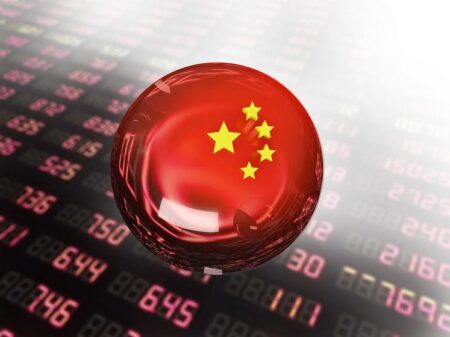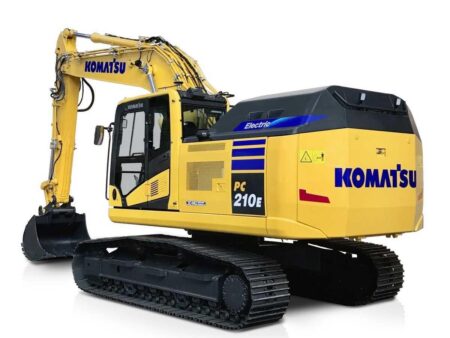China continues to hold a commanding position in the export of rare earth metals, even as it eases some restrictions for the U.S. market. This strategic decision highlights China’s pivotal role in the global supply chain, significantly impacting industries that depend on these vital materials
Browsing: manufacturing
Firms in Guangdong are breathing a sigh of relief following a recent ‘ceasefire’ in US-China trade tensions, sparking renewed optimism for stability. Yet, as geopolitical uncertainties linger, many are shifting their focus towards diversification strategies to safeguard against potential risks.
Nissan is actively considering the possibility of closing plants in India, Japan, and various other locations as part of a bold global restructuring initiative. This strategic move is designed to streamline operations and boost competitiveness in response to declining demand and evolving market trends
In a bold statement, former President Donald Trump called on Apple to rethink its strategy for expanding iPhone production in India. He voiced his worries about the potential impact on American jobs as tech giants increasingly move their manufacturing operations abroad
Former President Donald Trump took aim at Apple CEO Tim Cook, expressing his discontent over the decision to shift iPhone production to India. He argued that this move jeopardizes American jobs and stifles innovation at home. Trump’s comments underscore the persistent friction surrounding manufacturing and economic strategy in the United States.
India has officially greenlit an exciting joint venture between HCL Technologies and Foxconn to set up a cutting-edge semiconductor manufacturing unit. This dynamic collaboration is set to supercharge domestic semiconductor production, significantly elevating India’s standing in the global tech supply chain
Honda has put the brakes on its ambitious plans for a new electric vehicle factory in Canada, as rising trade tensions and tariff disputes cast a shadow over the automotive landscape. This decision highlights the increasing uncertainty surrounding the EV market and raises questions about future investments in this rapidly evolving sector.
A recent experiment conducted by a business owner aimed at uncovering consumer willingness to pay a premium for American-made products revealed some eye-opening insights. While there’s an encouraging trend of support for domestic manufacturing, many customers still hesitated when it came to opening their wallets. The findings highlight the complex relationship between patriotism and purchasing decisions.
In an exciting new development, former President Donald Trump has announced a groundbreaking trade deal between the U.S. and the U.K.! This agreement highlights a commitment to collaboration in vital industries like steel, automobiles, and beef. With this initiative, both nations are set to enhance their economic partnership and significantly increase bilateral trade.
China is ramping up its investments in Moroccan factories, fueled by the country’s prime location and rich mineral resources. This strategic move not only aims to strengthen trade relations but also to elevate production capabilities, positioning Morocco as a vital manufacturing powerhouse in Africa.
Mondi has proudly launched operations at its cutting-edge recycled containerboard mill in Italy, heralding a major leap forward in sustainable packaging. This innovative facility is set to revolutionize the circular economy by harnessing recycled materials, reinforcing Mondi’s unwavering dedication to eco-friendly practices.
Stunning satellite images have revealed Huawei’s cutting-edge chip production facilities nestled in China, showcasing the company’s remarkable advancements in technology even amidst persistent sanctions. This exciting development highlights Huawei’s unwavering dedication to bolstering its semiconductor capabilities while navigating global scrutiny.
In a surprising turn of events, Zoho has put the brakes on its bold $700 million chipmaking venture in India. This move represents a major hurdle for the country’s ambitions to enhance semiconductor production. As a result, questions loom over the future of India’s tech manufacturing dreams.
In a captivating recent article, The Atlantic delves into the potential repercussions of Trump’s policies, suggesting we might be on the brink of a new “China shock.” This phenomenon echoes the economic upheavals experienced in the early 2000s. Experts are sounding the alarm, indicating that these shifting trade dynamics could profoundly affect American industries and job markets.
Japan’s Komatsu is bracing for a significant 27% drop in profits this year, a setback they attribute to the rising strength of the yen and persistent tariffs. As global market dynamics evolve, this heavy machinery giant finds itself navigating an increasingly challenging landscape.
Trump’s tariffs are shaking up global supply chains, causing a ripple effect of rising costs for both manufacturers and consumers. As businesses grapple with delays and the daunting maze of trade barriers, they find themselves in a state of heightened uncertainty. This turmoil not only complicates their operations but also poses significant challenges to our broader economic recovery efforts.
The UK government has stepped in to support British Steel, a bold move designed to breathe new life into the struggling mill. This intervention highlights just how vital the steel industry is to our economy and job market, especially as it faces ongoing challenges.
In a surprising twist, China has quietly lifted tariffs on select U.S.-made semiconductors, a strategic decision that may help to cool the simmering tensions between the two countries amidst ongoing trade disputes. The potential impact on the tech industry and the future of bilateral relations is yet to unfold.
Nissan is gearing up to broaden its global presence by exporting cutting-edge electric cars produced in China. This bold strategy is designed to capitalize on the surging demand for EVs around the globe, showcasing the automaker’s dedication to sustainability and pioneering advancements in the automotive world.
Tesla is actively pursuing a partnership with India to secure vital components for its electric vehicles. This strategic initiative not only aims to enhance local manufacturing but also to fortify supply chain resilience, showcasing India’s emerging significance in the global EV landscape.


